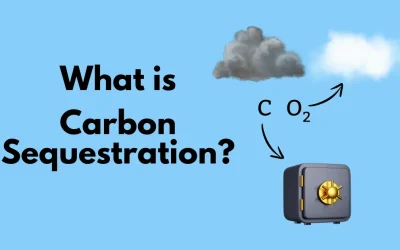Assessing carbon reduction involves evaluating the effectiveness of efforts to reduce carbon emissions and mitigate the impact of climate change.
Here are eight key steps for conducting a carbon reduction assessment:
- Define the scope: Determine the boundaries of your assessment by identifying the emissions sources that will be included and excluded.
- Collect data: Collect data on emissions sources, including energy use, transportation, waste disposal, and other relevant factors.
- Calculate emissions: Use carbon footprint calculators or other tools to calculate the emissions associated with each source.
- Set reduction goals: Establish clear, measurable goals for reducing carbon emissions, based on your data.
- Identify reduction strategies: Evaluate different strategies for reducing emissions, such as increasing energy efficiency, using renewable energy sources, and reducing transportation-related emissions.
- Implement reduction strategies: Implement the strategies that are most likely to achieve your goals.
- Monitor progress: Track progress towards your goals and adjust strategies as necessary.
- Report results: Share the results of your assessment with stakeholders, including employees, customers, investors, and the public.
Ready to speak to the experts in the carbon credit industry?
Dynamic Carbon Credits is ready to show you how to solve your most pressing business challenges. Contact us today and begin seeing the results.





